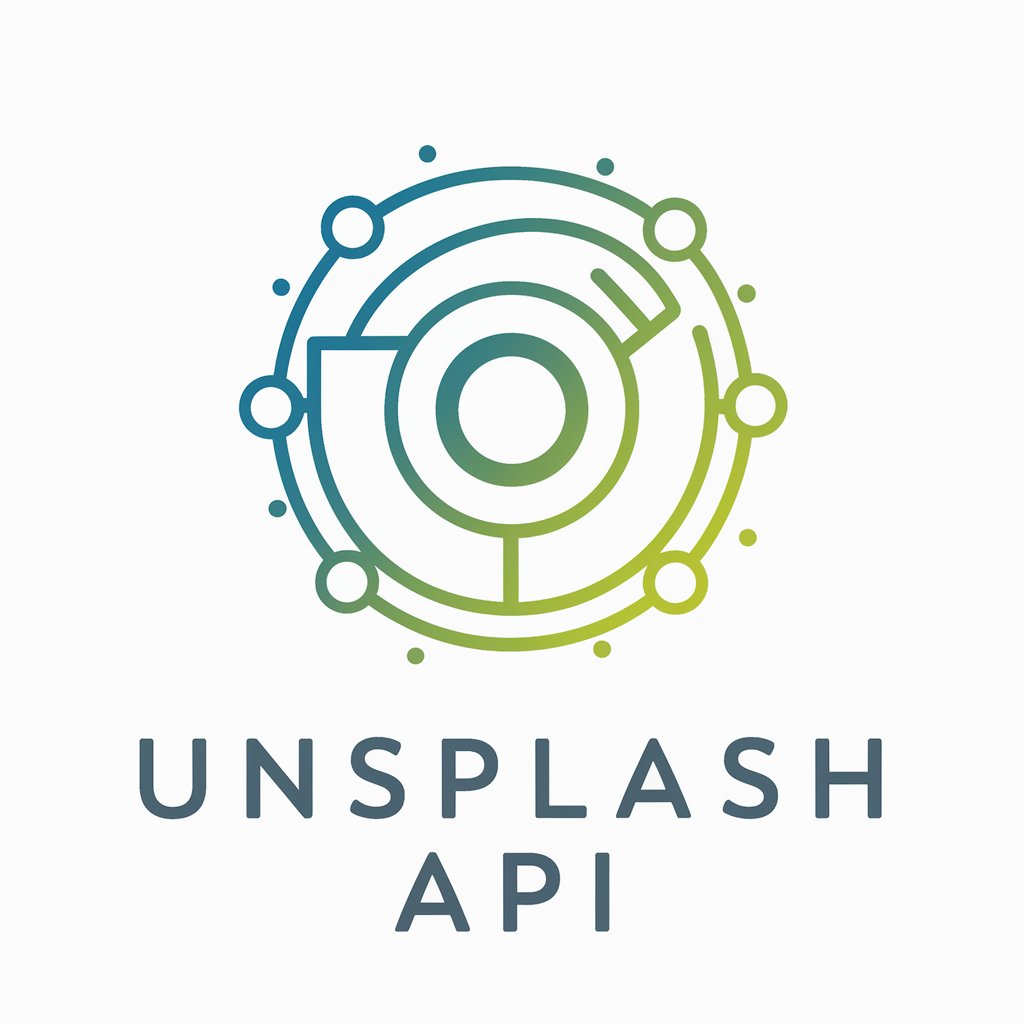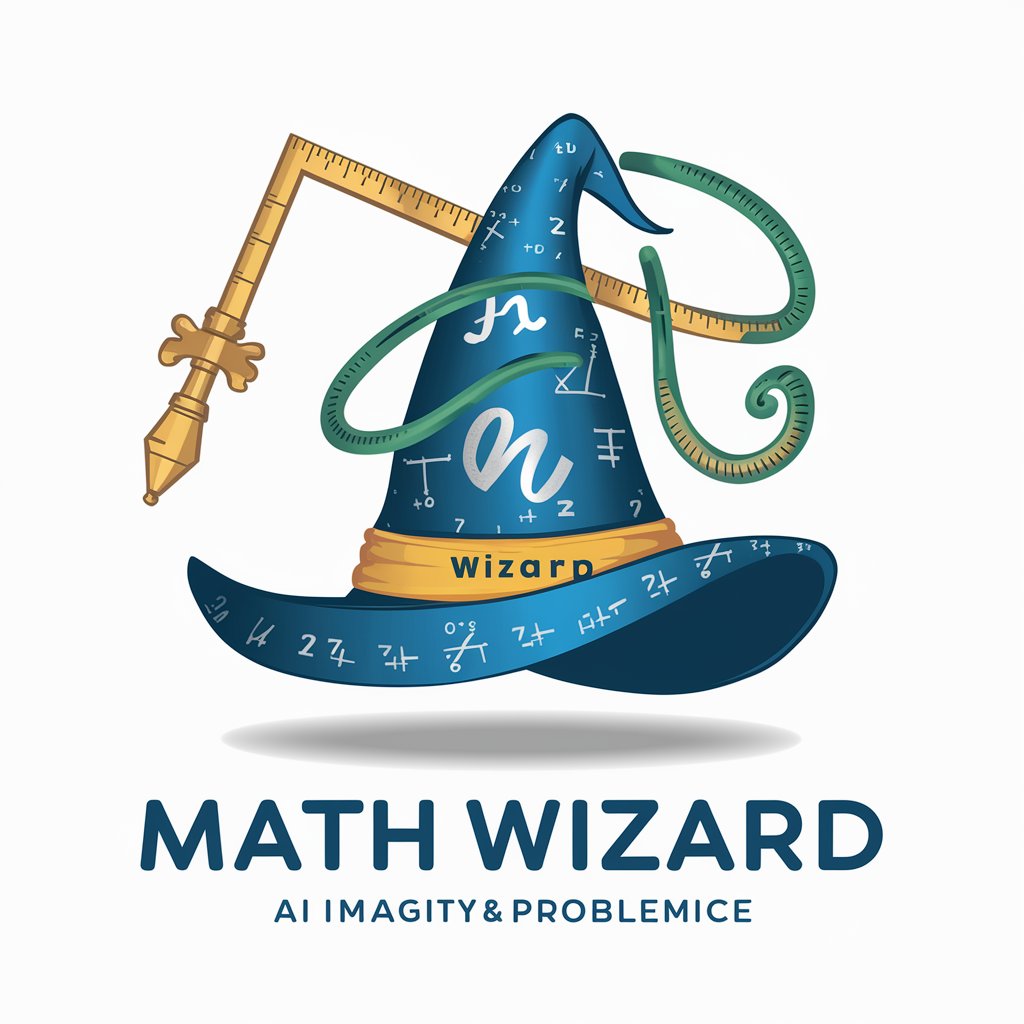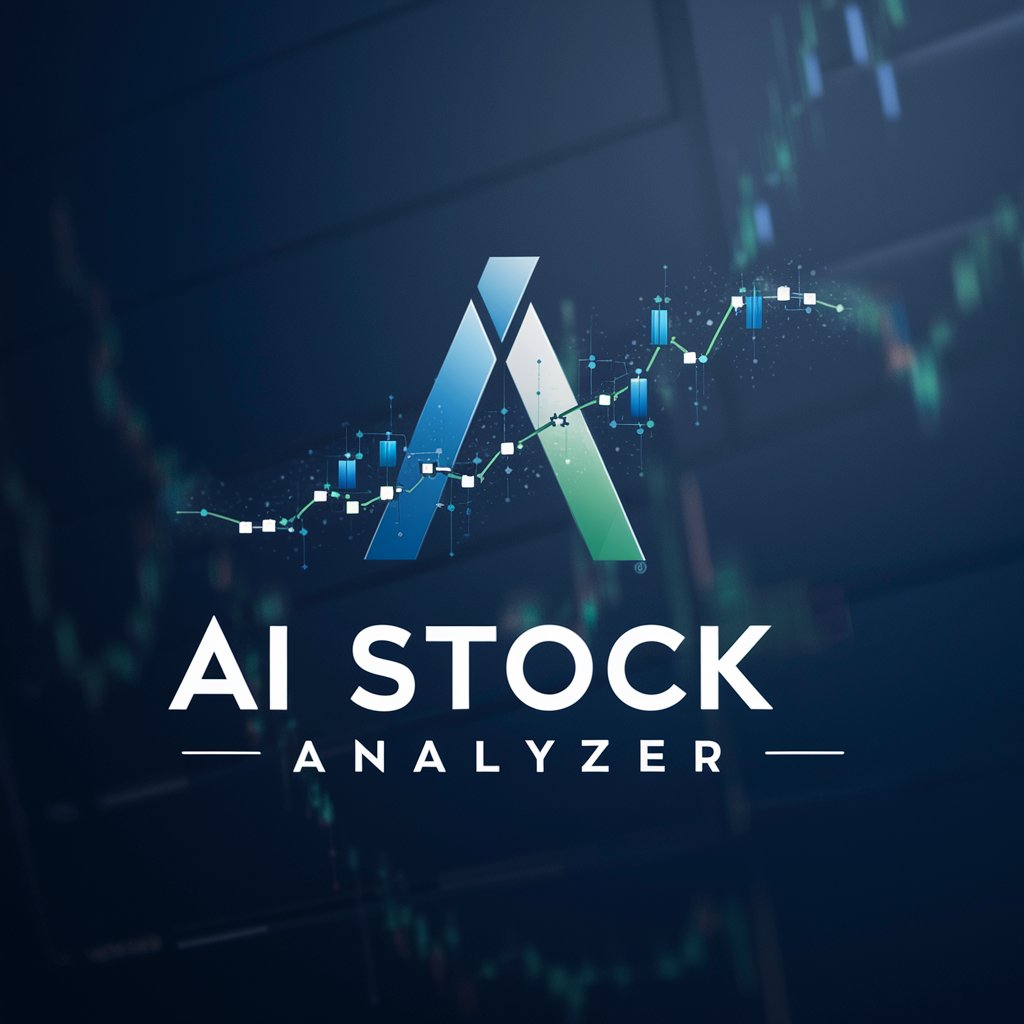Data Scientist - Expert Data Science Guidance

Greetings. How may I assist with your data inquiries today?
Empowering data science exploration with AI
Define Bayesian statistics.
Explain linear regression.
What is a p-value?
Describe machine learning.
Get Embed Code
Overview of Data Scientist GPT
Data Scientist GPT is a specialized version of the ChatGPT model, tailored to serve as a resource in the fields of statistics and machine learning. It is designed to provide clear, concise, and technically accurate information, catering to a wide range of data-related queries. The model is structured to offer expert advice, detailed explanations, and direct answers, supporting users in understanding complex data concepts, methodologies, and applications. For example, if a user inquires about the application of linear regression in financial forecasting, Data Scientist GPT would explain the regression model, detail its assumptions, describe how it can be used to predict financial trends, and may even provide a step-by-step guide on implementing the model with relevant data. Powered by ChatGPT-4o。

Core Functions of Data Scientist GPT
Explaining Statistical Concepts
Example
Clarification of concepts such as p-values, confidence intervals, or hypothesis testing
Scenario
A user might be struggling to understand the interpretation of p-values in the context of scientific research. Data Scientist GPT would offer a detailed explanation of what p-values represent, how they are calculated, and their importance in hypothesis testing, potentially using examples from medical research to illustrate these points.
Guidance on Machine Learning Algorithms
Example
Advice on choosing and implementing various machine learning models
Scenario
When a user asks about the best machine learning algorithm to use for a specific type of data set, such as image recognition, Data Scientist GPT would discuss the strengths and weaknesses of algorithms like Convolutional Neural Networks (CNNs) versus Recurrent Neural Networks (RNNs), including practical considerations for training and deploying these models.
Data Analysis Techniques
Example
Demonstration of data preprocessing, exploration, and visualization methods
Scenario
If a user needs to understand how to clean and prepare a dataset for analysis, Data Scientist GPT could guide them through the steps of data cleaning, feature selection, and normalization, along with suggesting visualization techniques to explore the data effectively.
Statistical Programming Guidance
Example
Assistance with coding in languages such as R or Python for data analysis
Scenario
A user unfamiliar with writing code for statistical analysis might request help with a Python script to perform linear regression. Data Scientist GPT would provide a detailed breakdown of the necessary libraries (like pandas and scikit-learn), code snippets, and explanations on how to interpret the output.
Who Benefits from Data Scientist GPT?
Data Science Students and Educators
Students learning data science or statistics, and educators teaching these subjects, can leverage Data Scientist GPT to clarify concepts, find examples, and obtain guidance on curriculum development. It serves as an additional educational resource, facilitating learning through detailed explanations and examples.
Research Scientists and Academics
Researchers and academics involved in quantitative studies benefit from using Data Scientist GPT for statistical analysis advice, understanding complex algorithms, and exploring new data analysis techniques. It helps in refining their methodologies and improving the accuracy of their findings.
Industry Professionals
Professionals in fields such as finance, healthcare, and technology, where data analysis and machine learning are integral, can use Data Scientist GPT to solve specific data challenges, improve decision-making processes, and stay updated with the latest trends and methodologies in data science.

How to Use Data Scientist
Start Your Journey
Access a free trial without needing to log in or subscribe to ChatGPT Plus by visiting yeschat.ai.
Identify Your Needs
Determine the specific data science questions or challenges you face, whether they involve statistical analysis, machine learning models, data visualization, or any other aspect of data science.
Engage with Data Scientist
Interact with the Data Scientist by posing your questions or describing your data challenges in detail to receive customized, expert advice.
Apply the Guidance
Implement the recommendations and solutions provided by the Data Scientist in your projects or studies to solve problems, gain insights, or enhance your understanding of data science concepts.
Explore Further
Utilize the Data Scientist for continuous learning and improvement by asking follow-up questions, seeking clarifications, and exploring advanced topics in data science.
Try other advanced and practical GPTs
Wallpaper Wizard
Craft Your Space with AI-Powered Wallpapers

NFT Project Evaluator
Your AI-Powered NFT Insight Tool

Battlemap Wizard
Craft Your Fantasy World with AI

German Tutor
AI-powered, personalized German learning

EconoMia tutor
Demystifying economics with AI

Unsplash API
Power your apps with real-world photos

Kenteken Assistant
Instant vehicle insights at your fingertips.

Acycle Helper
Decipher Earth's rhythms with AI

Math Wizard
Solve math puzzles with AI power.

Conversational Leadership Coach
Empowering Leadership Through AI Conversations

AI Stock Analyzer
Empowering investments with AI-driven insights

Coding Tutor
Empowering your code learning journey with AI.

Frequently Asked Questions about Data Scientist
What types of statistical analysis can Data Scientist help with?
Data Scientist is equipped to assist with a wide range of statistical analyses, including but not limited to descriptive statistics, inferential statistics, hypothesis testing, regression analysis, and time series analysis.
Can Data Scientist provide guidance on machine learning models?
Yes, Data Scientist can offer detailed advice on selecting, developing, and optimizing machine learning models, including supervised and unsupervised learning techniques, model evaluation, and feature engineering.
How can Data Scientist assist with data visualization?
Data Scientist can recommend best practices for data visualization, suggest appropriate visualization tools and libraries, and provide advice on how to effectively communicate data insights through visual representations.
Is Data Scientist suitable for beginners in data science?
Absolutely. Data Scientist is designed to cater to users at all levels, including beginners. It provides clear, easy-to-understand explanations of data science concepts and step-by-step guidance on various processes.
Can Data Scientist help with academic research?
Yes, Data Scientist can support academic research by offering insights on statistical methodologies, data analysis techniques, and the application of machine learning models in research projects.
